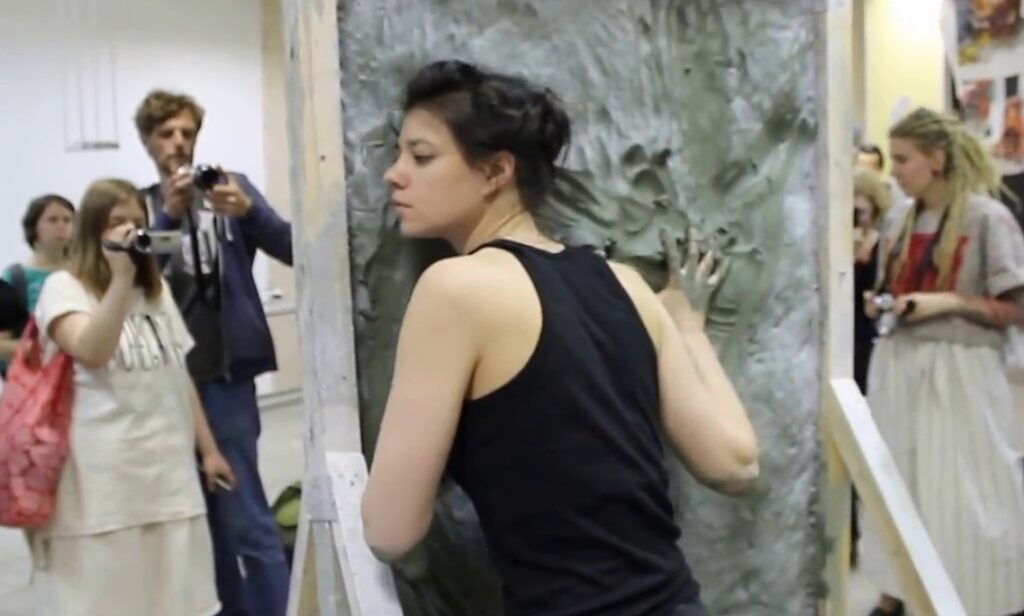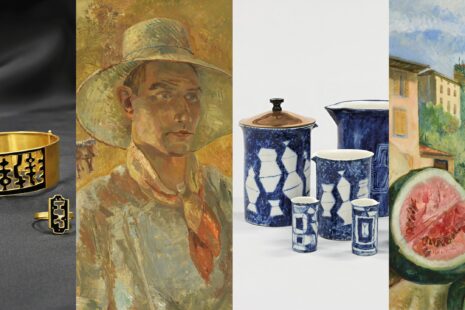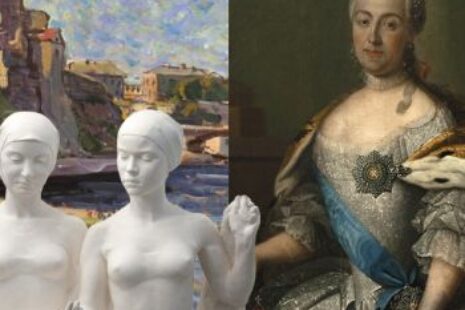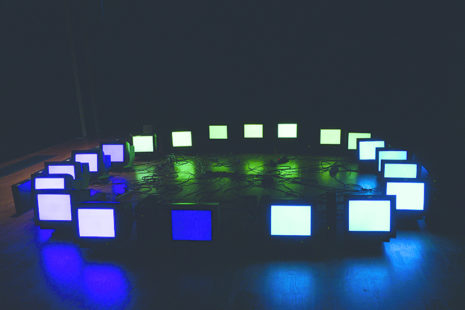In her ongoing practice, Olesja Katšanovskaja-Münd has focused on micro-scenes from everyday life through which power relations are negotiated, oftentimes employing a feminist lens of analysing personal relations, identities and gendered dynamics in the home, and in everyday rituals that govern women’s sovereignty and their bodies. She unpacks the “politics of everyday life” (Nancy Fraser, Unruly Practices) to widen the scope of how people may understand and try to change seemingly immutable social divisions.
In her solo exhibition, she will expand on her previous work by imagining society as a living, breathing, desiring body, activated through collective performance, which could be potentially transformative on the current consciousness of stagnation and confinement. How can we move when we cannot move? Currently, social systems hold central influence over our bodies, be it in terms of opportunities in life determined by nationality and geography, or one’s access to medical care and affordable shelter, or one’s treatment by law enforcement in the midst of unrest. This observation renders the social body central to answering the aforementioned question. Through performances, conversations, and installations, Olesja will reveal the traces left inside by relationships and interactions, while inviting the audience to determine one’s self in the social body.
Overall, this exhibition proposes that we collectively interrogate current prevailing assumptions about how social, political, and economic systems distribute power, and how we can re-imagine ourselves in relation to others within a divided society.
In her creative path, Olesja Katšanovskaja-Münd is constantly searching for intersections with interdisciplinary areas. Her education and work experience in fine art, museum pedagogy, and conservation have given her the opportunity to sense performance art as an artist, penetrate its deep layers as a conservator, and research in its functional component as an educator.
She attained a BA degree in Fine Art at the University of Tartu, an MA degree in Art Pedagogy at the Estonian Academy of Arts and studied in the art conservation department at the St. Petersburg Institute for Painting, Sculpture and Architecture, Russia.
Olesja’s performances and research projects were presented at the Shelter Art Laboratorium and International Festival in Helsinki;Garage Museum of Contemporary Art in Moscow; the Winzavod Centre for Contemporary Art in Moscow; Shiryaevo Biennale, Russia; the Ural Industrial Biennial Parallel Program and the Rosa Luxemburg House of Culture, St. Petersburg. She has also held many solo and group exhibitions, including at Brussels Art Fair in Belgium and Pärnu Contemporary Art Museum, Tartu Art House, and Tallinn galleries in Estonia. She won the Best Presentation Award at the TEDxTallinn 2013, Estonia. She lives and works in Tallinn.
The exhibition is part of Tallinn Art Hall’s 2020 thematic focus on feminism in the 21st century, highlighting critical issues confronting women today. Maria Kapajeva, Flo Kasearu, Laura Kuusk, Ede Raadik, and Olesja Katšanovskaja-Münd will stage solo exhibitions dealing with complicated narratives that go beyond what is regarded as “women’s issues” such as the politics of care and the body, the impact of technology on everyday life, violence and trauma, labour and poverty, as well as fertility and decay. These topics nonetheless have a very powerful impact on women’s lives. These artists will use the language of contemporary art to infuse a sense of urgency to engage with visual politics that moves between the female body and the spheres of public discourse.
Gallery name: Tallinn City Gallery
Address: Harju 13, Tallinn
Opening hours: Wed-Sun 12:00 - 19:00
Open: 14.11.2020 - 17.01.2021







